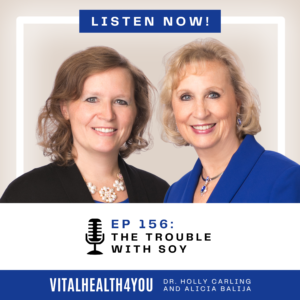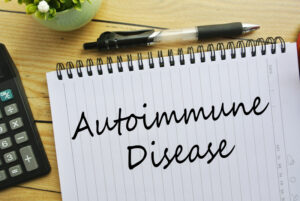Nothing can lead to despair greater than when you want to start your family, you’re trying to get pregnant and are unable to, or unable to sustain a pregnancy. Many a pillow is wet at night, discord between husband and wife, frustration, irritation, fear, pleading with God, and more can occupy the minds of an infertile couple. Those emotions are elevated when treatment options such as intrauterine insemination (IUI), in vitro fertilization (IVF) or other assisted reproductive technologies (ART) are not working.
So, what causes infertility? In women, ovulation disorders, uterine or cervical abnormalities, fallopian tube damage or blockage, endometriosis, hormonal imbalance, life style factors (such as smoking, drinking, drugs, obesity and poor nutrition), exposure to environmental factors, and other causes such as autoimmune disease and diabetes.
In men, the causes can be sperm disorders (low sperm count, shape or motility), varicocele, undescended testicles, infections, ejaculation disorders, hormonal imbalances, genetic disorders, lifestyle factors (see above), exposure to environmental factors, certain medical conditions and certain medical treatments (like chemo).
It is even more frustrating when it involves both the man and the woman and most frustrating when they find “nothing wrong”. So what can we do about it?
In past times, before a woman was to conceive, the year prior to conception was held aside for preparing the body nutritionally for pregnancy. Consuming high nutrient-dense foods such as bone broth, organ meat, seaweeds, animal fats and fermented foods were on the top of the list to get ready. That, in my opinion, is first and foremost.
Dietary factors can influence the probability of getting pregnant more than almost anything. The diet can affect hormonal balance, menstrual cycle consistency, support egg and sperm quality and production, reduce inflammation, help maintain a healthy weight, improve insulin sensitivity, support uterine health, reduce the risk of ovulation disorders, support cervical mucus production, reduce the risk of miscarriage, improve libido, reduce stress, improve energy and reduce the risk of birth defects. Diet is crucial to a successful pregnancy!!
Acupuncture is another way to help individuals get pregnant and to support pregnancy. It also improves outcomes when choosing medical intervention to assist in getting pregnant, or sustaining a pregnancy. Some people ask how it works for that:
In women, research has shown that acupuncture can improve egg quality, regulate the menstrual cycle, enhance blood flow to the uterine lining, balance hormones, support follicle development, boost blood flow to the pelvis, reduce inflammation, promote relaxation, reduce stress impact and handle secondary health conditions influencing fertility.
In men, it can improve sperm quality, and testicular function, increase blood flow to the reproductive organs, balance hormones, support erectile function, boost energy and vitality, support immune function, reduce inflammation and stress, and help the secondary health issues.
If you are struggling with infertility, there is hope!
Want to hear more from Dr. Carling? Check out our podcast. Search for VitalHealth4You on your favorite podcast listening app or go to vitalhealthcda.com/podcasts/
©2024 Holly A. Carling, O.M.D., L.Ac., Ph.D.







